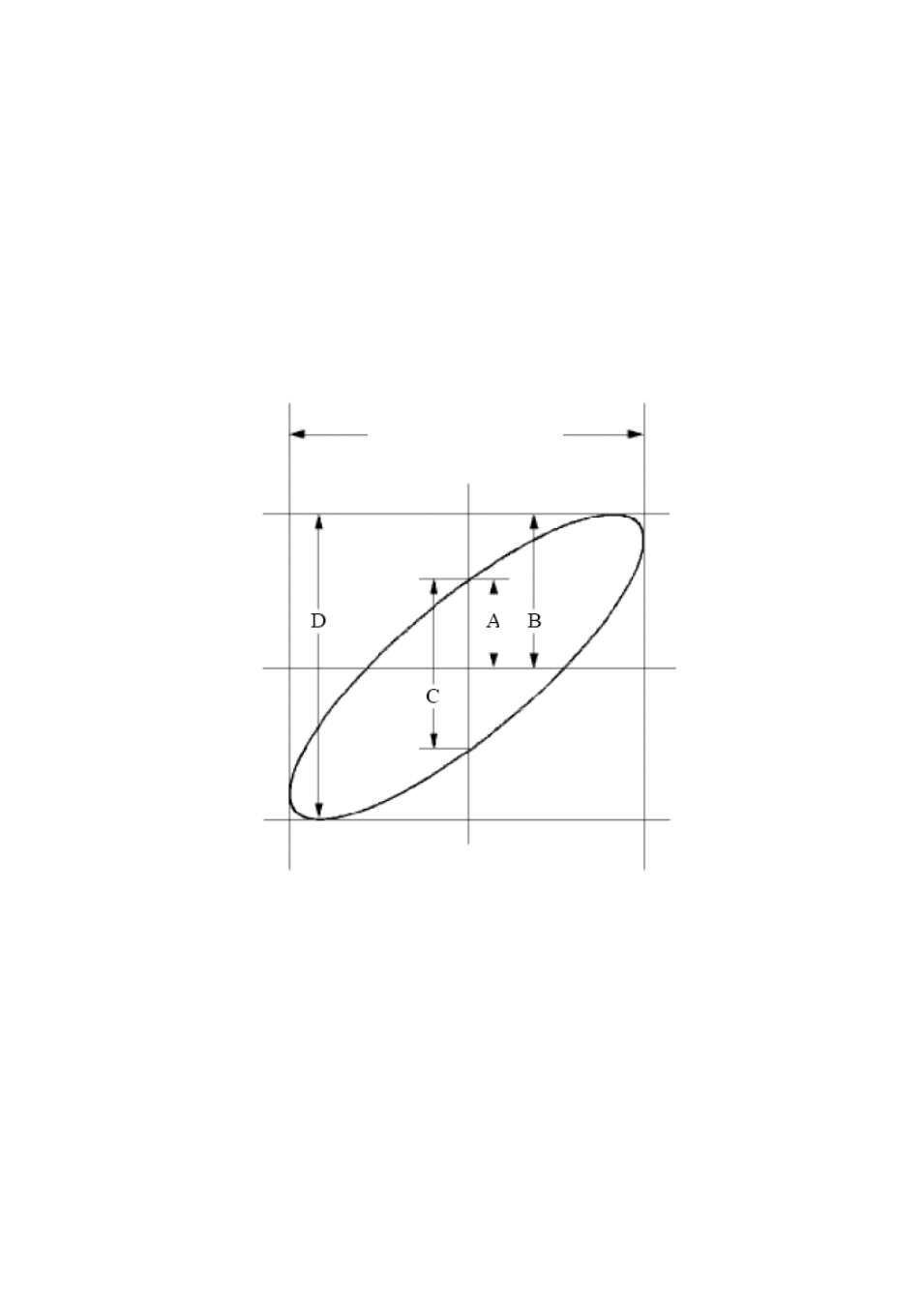OWON SDS Series User Manual
Page 99

7.Demonstration
(4) Turn the VOLTS/DIV knob, making the amplitudes of two signals equal in the
rough.
(5) Press the Display button and recall the Display menu.
(6) Press the H3 button and choose XY Mode as ON.
The oscilloscope will display the input and terminal characteristics of the network
in the Lissajous graph form.
(7) Turn the VOLTS/DIV and VERTICAL POSITION knobs, optimizing the
waveform.
(8) With the elliptical oscillogram method adopted, observe and calculate the phase
difference (see Figure 7-6).
Figure 7-6 Lissajous Graph
Based on the expression sin (q) =A/B or C/D, thereinto, q is the phase difference
angle, and the definitions of A, B, C, and D are shown as the graph above. As a result,
the phase difference angle can be obtained, namely, q =± arcsin (A/B) or ± arcsin
(C/D). If the principal axis of the ellipse is in the I and III quadrants, the determined
phase difference angel should be in the I and IV quadrants, that is, in the range of
(0 ~
π /2) or (3π / 2 ~2π). If the principal axis of the ellipse is in the II and IV
quadrants, the determined phase difference angle is in the II and III quadrants, that is,
within the range of (π / 2 ~π) or (π ~3π /2).
The signal must be
centered and kept in the
horizontal direction.
94
